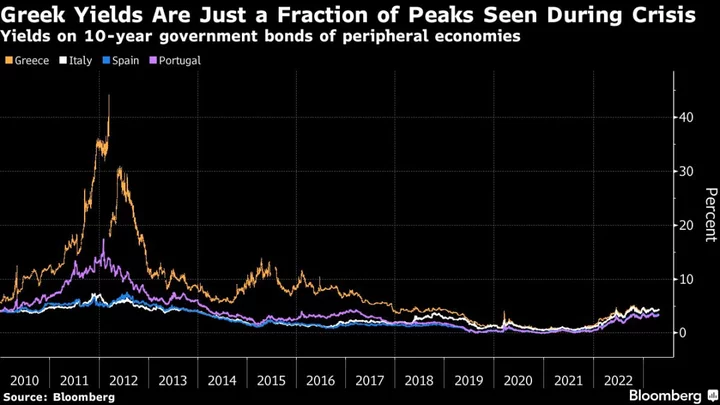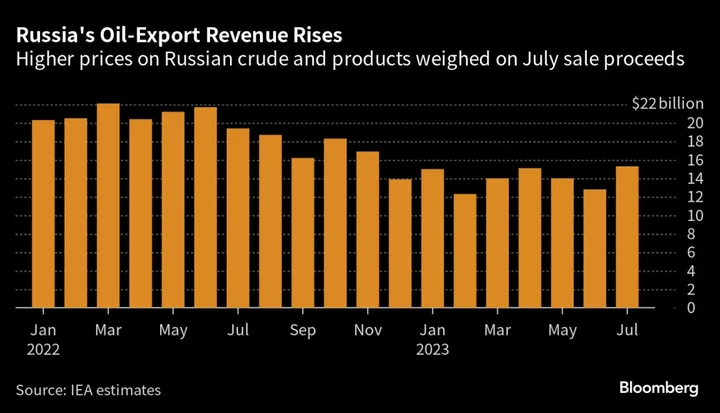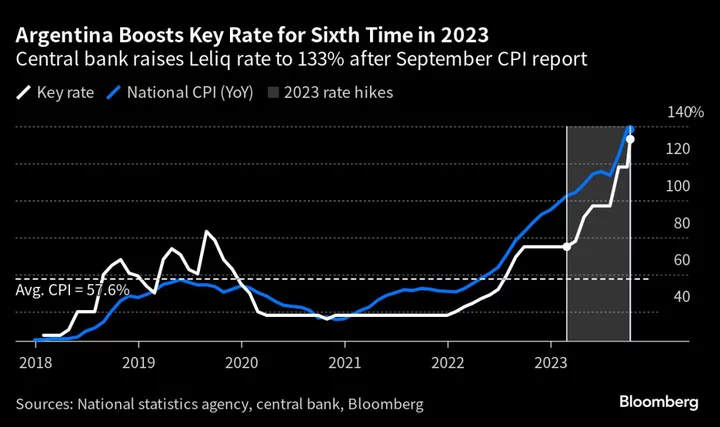Greeks head to the polls on Sunday for the second time in just over a month to decide who’ll govern the country for the next four years, with former Prime Minister Kyriakos Mitsotakis the most likely winner, based on May’s vote outcome.
The previous ballot on May 21 suggested that Mitsotakis’ center-right New Democracy party will almost certainly emerge victorious this time. The challenge is whether he’ll be able to assemble a single-party government or once again fall short of securing a parliamentary majority.
A coalition administration seems out of the question as none of Greece’s party leaders want to work with each other. That means that if Mitsotakis can’t govern alone, a third election may be held in about a month’s time.
Mitsotakis was Greece’s premier from 2019 to May 24, when Ioannis Sarmas was appointed as caretaker PM following the indecisive election.
Stock and bond markets rallied after the May vote as investors anticipated a probable Mitsotakis win on Sunday — one that may pave the way for a stable government that can continue the reforms and fiscal path already in place.
New Democracy won 40.8% of the vote in May, almost twice the 20.7% of former Prime Minister Alexis Tsipras’ leftist Syriza party, and the largest margin of victory of any party since 1974.
If a third election is needed, pointing to more instability, market momentum may reverse, even as Greece tries to regain the investment-grade status it lost 13 years ago.
For Mitsotakis, 55, to be able to form a one-party government he basically needs to repeat the share of the vote his party got in May. If that happens — given a change to Greece’s electoral law so that the party coming first receives as many as 50 bonus seats — he’s likely to get at least 151 members in the 300-seat parliament, even if additional parties pass the 3% threshold necessary to enter the parliament.
If the Harvard MBA graduate fails to secure an outright parliamentary majority, then the parties will once again need to find common ground in order to form a coalition government. And if all party leaders stick to their current position — that they don’t want to work together — then Greeks will be back at polling stations in about a month.
Voting sites will be open from 7am to 7pm, local time, on Sunday, and the first exit polls should follow soon afterward.









